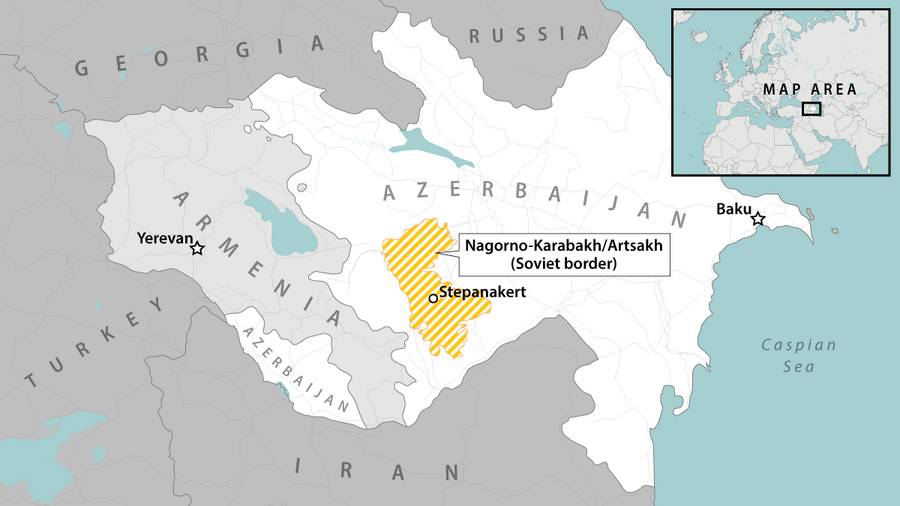Having succeeded at overturning Roe v. Wade, the Republican Party now faces a more complex political battleground – with some leading candidates urging more moderate stances on abortion.
Monitor Daily Podcast
- Follow us:
- Apple Podcasts
- Spotify
- RSS Feed
- Download
 Howard LaFranchi
Howard LaFranchi
For the United States Secret Service, it’s a “recurring national special security event.”
For world leaders, it’s the biggest global stage of the year.
For diplomats, journalists, and New York residents who brace for the annual onslaught of street closures, motorcades, and marches, it’s simply UNGA, the United Nations General Assembly.
And after three years of virtual or hybrid events, UNGA is back. In fact, it will be the largest since 2015, according to the U.S. Secret Service, which is charged with protecting 151 heads of state or government.
As the Monitor’s diplomatic correspondent, I’ve covered UNGA for two decades. Each one is different, a reflection of the global issues and international political intrigues of the moment. And each one seems to have its stars, naughty and nice.
I’ll never forget 2005, when Venezuela’s President Hugo Chávez took the General Assembly stage a day after U.S. President George W. Bush – and informed a shocked audience that he could still smell the “sulfur” of “the devil who came here yesterday.”
This year’s star is likely to be Ukrainian President Volodymyr Zelenskyy, attending in person for the first time, embodying his country’s defiance of Russian aggression. A big question among us journalists: Will Mr. Zelenskyy stick to his trademark army-olive-green T-shirt to give his speech, or will he put on a suit?
U.N. Secretary-General António Guterres told journalists last week that UNGA is a place to get things done and not a “vanity fair” for leaders to make a splash.
That might be news to some leaders here.












